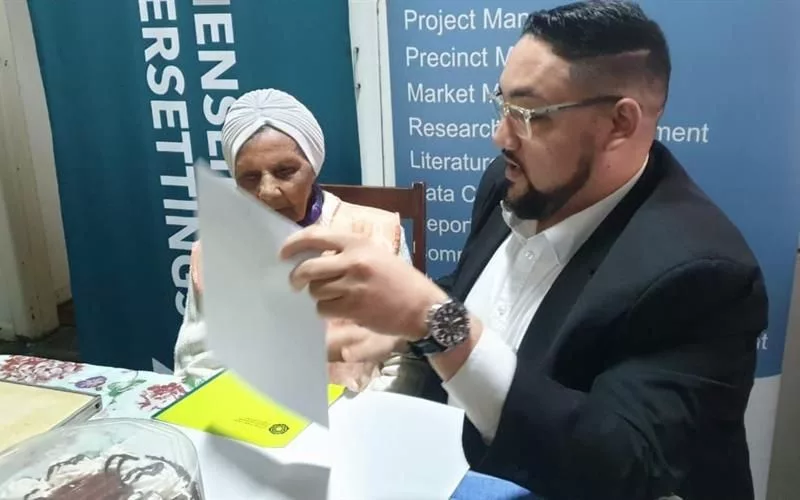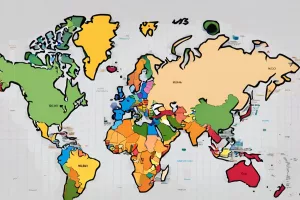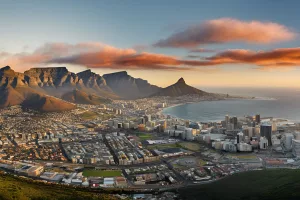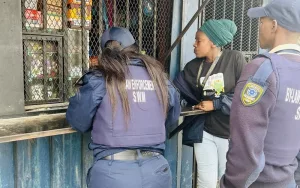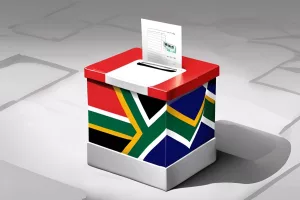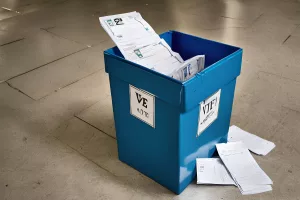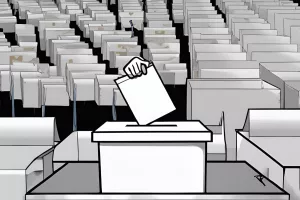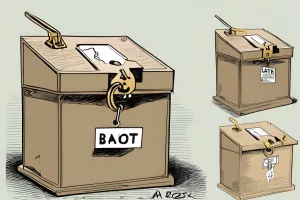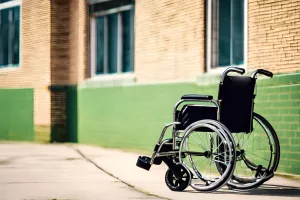Triumph of Ownership: The City’s Door-to-Door Title Deed Initiative Celebrates a Centenarian Victory
The City of Cape Town is making a renewed effort to distribute title deeds to beneficiaries of older housing projects. The DoortoDoor Deed initiative involves title deed representatives conducting doortodoor visits to verify ownership details and collect necessary documents. This campaign is about more than just paperwork, it’s about delivering dreams of homeownership, belonging, and historical justice. The recent success of delivering a title deed to a 102yearold homeowner in Maitland represents a new phase in the City’s commitment to its people.

